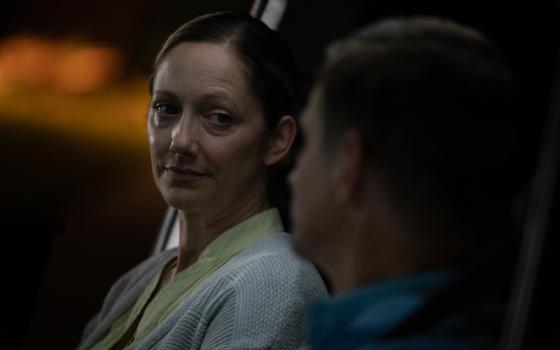On this day we celebrate the feast of St. Alcuin.
"Alcuin was an Englishman from York, born into a noble family about 730, and educated by a pupil of Bede. Having become a deacon, he was made head of the cathedral school at York around 770. In 781 he was asked by the Emperor Charlemagne to become his minister of education. . . . Alcuin established scriptoria, dedicated to the copying and preservation of ancient manuscripts, both pagan and Christian. That we have as much as we do of the writings of classical Roman authors is largely due to Alcuin and his scribes. . . . To Alcuin, backed by Charlemagne, belongs much of the credit for the revision and organisation of the Latin liturgy, the preservation of many of the ancient prayers, and the development of plainchant."
-- "Alcuin, Deacon, Scholar, and Abbot of Tours", by James Kiefer.
In The Letters of Alcuin, Rolph Barlow Page describes the school at Charlemagne's court:
"The Palace School was composed of the royal family, the young nobles and officials of the King, together with all those who sought position and preferment, . . . Gundrada, together with the other ladies of the royal family, were present, lending grace and brightness to that charmed circle, the Round Table of the Franks, as it might be called. And of course, the Round Table would not be complete without its Arthur, the mighty Charles, whom Alcuin sometimes designates as Solomon, because of his wisdom, though more frequently he calls him David on account of his warlike prowess." Page 94.
In addition to his work as a teacher, Alcuin, in his letters, advised bishops on the pressing issues of the day: the adoptionist heresy, Viking attacks, the correct manner of administering baptism, image worship, and the laxity of the clergy.
"Alcuin complains that they are vain, extravagant in dress, and haughty in bearing, utterly worldly in fact; they listen to plays rather than to the Scriptures; they prefer the 'cithara' to the sweet music of the Psalms. Too ignorant to write their own sermons, they have recourse to homilaries. They share the worst superstitions of the people, believing in auguries and incantations". Page 55.
Alcuin was not alone in criticizing the clergy. "The capitularies, the acts of church councils, and the regulations of the bishops all contain even more specific charges against the clergy. They accuse the latter of wasting their time in hunting, hawking and feasting. Worse still, they indict them for drunkenness and all manner of lewdness." Page 56.
See Alcuin of York, by Right Rev. G. F. Browne, D. D., 1908, for charming details about Alcuin's friends, all with nicknames, including Cuckoo, who had a weakness for wine. Bishop Browne also discusses Charlemagne's elephant, Abulabaz, who inspired decoration on robes, vestments, and burial clothes.
Alcuin was a poet. Click here for an analysis of "O Mea Cella". Page 2 is here.

